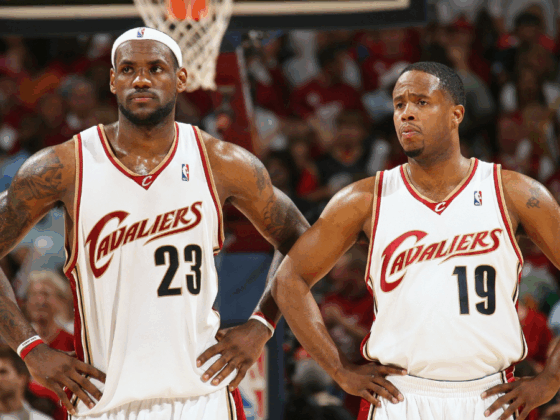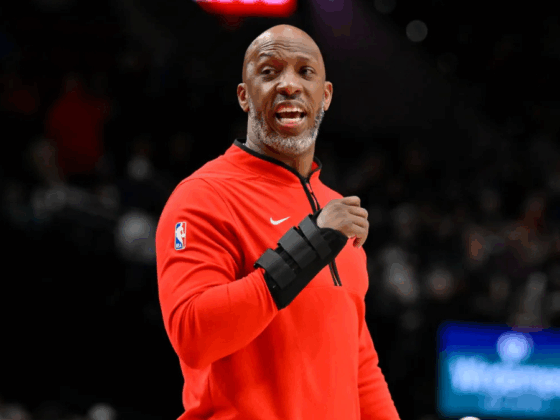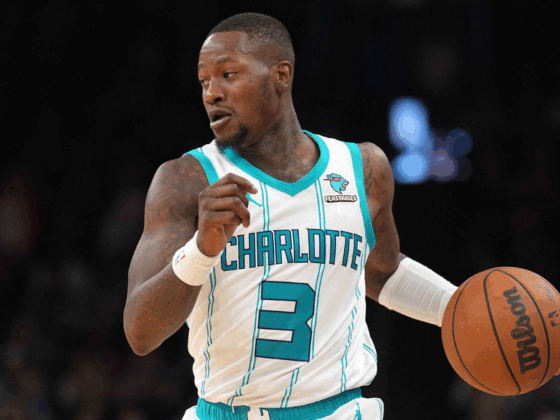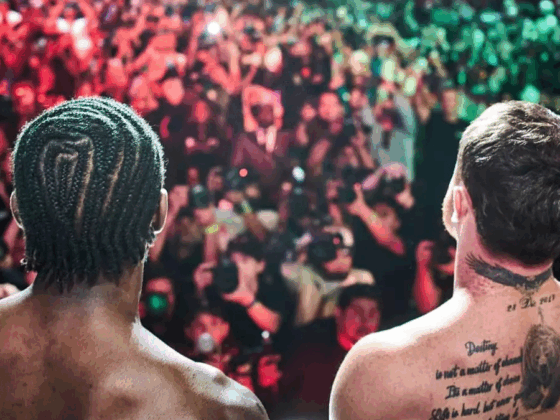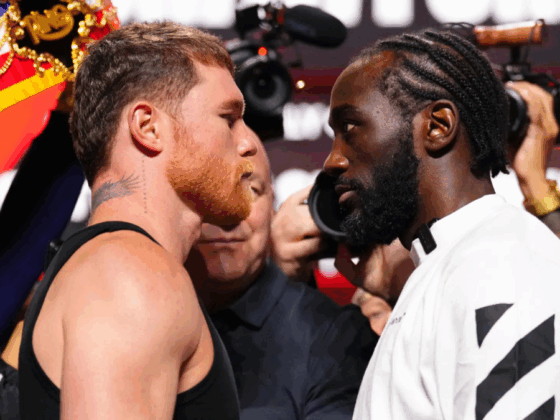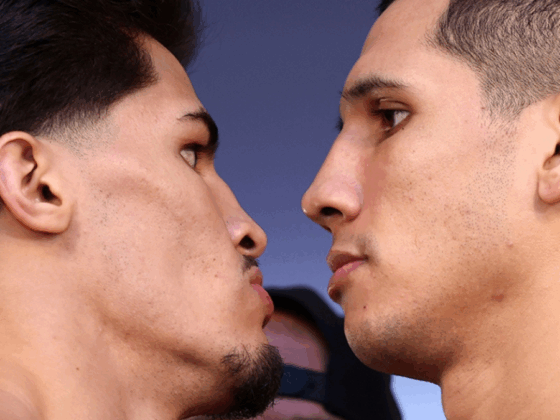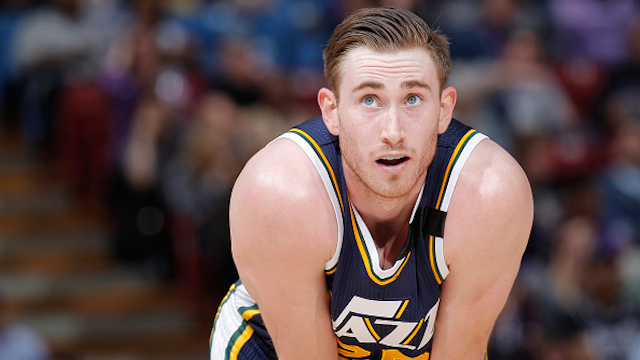
“In Our DEFense” looks at the events and trends across the league as we try to understand them from all angles. There is always more than one way to view the activity in the NBA and Luke Clark and I like to explore those ways. We may not always agree – or get it exactly right, but we’re always honest.
Backstory
Gordon Hayward was an unrestricted free agent this summer and his options on where to play were clear early on. The Boston Celtics, Miami Heat, and the Utah Jazz were all linked to Hayward in some fashion. The Jazz won 51 games, secured a top four seed in the West, and made the playoffs for the first time in what seems like forever (2012 was the last time Utah saw the postseason). It looked like all the struggle and hard work would finally pay off. Hayward with Rudy Gobert, Derrick Favors, and recently acquired Ricky Rubio is a formidable core that can win.
The teams around Utah decided this was the time to get better. Several Eastern Conference All-Stars migrated to the West — more than a couple actually joined Hayward’s Northwest Division. Gordon missed out on All-NBA honors last year, costing him millions in salary. Over time his exit was becoming more of a possibility. The route became evident, and so did his destination. Boston had all of the advantages: championship contention, a bigger market that undoubtedly bolsters his All-NBA chances, and Brad Stevens. So after a week of meetings, Hayward was ready to make his decision. However, before he could formally announce his choice it, it was leaked to the media.
Chris Haynes was the first to report on Hayward’s whereabouts.
Free-agent Gordon Hayward plans to sign with the Boston Celtics, league sources tell ESPN.
— Chris Haynes (@ChrisBHaynes) July 4, 2017
The confusion led to a shuffle of reports from reporters. Even Hayward’s camp was saying that it led to them to begin to rethink things.
Gordon Hayward's agent, Mark Bartelstein, tells ESPN: "Gordon hasn't made a decision yet. We are still working through it."
— Adrian Wojnarowski (@wojespn) July 4, 2017
Just spoke w/GH'sagent, says his client hasn't made a decision, is "upset someone would report that. He's trying to re-evaluate everything."
— A. Sherrod Blakely (@ASherrodblakely) July 4, 2017
The whole ordeal became a daylong event that bled into the evening and eventually ended in Hayward announcing his decision to bolt to Boston.
Which will have a longer impact on Utah Jazz fans: his decision, or the Leak?
Daniel,
For me, it has to be the media knowing of his plans before anyone else did. The entire basketball community was watching and waiting to see how Hayward would handle it all. We were aware that Boston was the obvious choice and there was a better chance than not he would join them. Still, Jazz fans remained confident their star would return. They had all the reason in the world to believe he would see the potential in Utah and want to build on it.
Until Gordon said he was leaving, even I thought that he’d come back. Essentially, after hearing his plans early, and reading about them in his Player’s Tribune piece, he left twice. His camp attempting to regain control of the situation only made it worse and prolonged the inevitable. It created a pretty messy situation which will stick with fans longer than if he had just owned to it as soon as it all transpired. Through no fault of his own, the city of Utah was spurned twice. Unnecessarily.
Luke,
I believe the leak will have little long-term impact on Jazz fans. Emotions were high leading up to the announcement so the leak was an immediate target for their anger. In reality, though, the leak was an honest mistake from Gordon and his camp. None of this is similar to LeBron hosting “The Decision” show or Kevin Durant claiming to take the “hardest path” as far as historically distasteful announcements go. Gordon was trying to release a respectful article for his announcement and his decision unfortunately leaked before his piece was released.
As far as the impact of this decision, the Jazz are going to feel this on the court for a few seasons. They just lost the cornerstone of their roster, the man who brought the Jazz to where they are now. The question remains on whether they build upon their current roster or try to build back up through youth. It’s the classic story of a small market team losing their only star to a historically dominant large market team. The Jazz as an organization will have to decide whether to be content with just being competitive or going “The Process” route and build from the ground up. I do not envy the latter decision.

